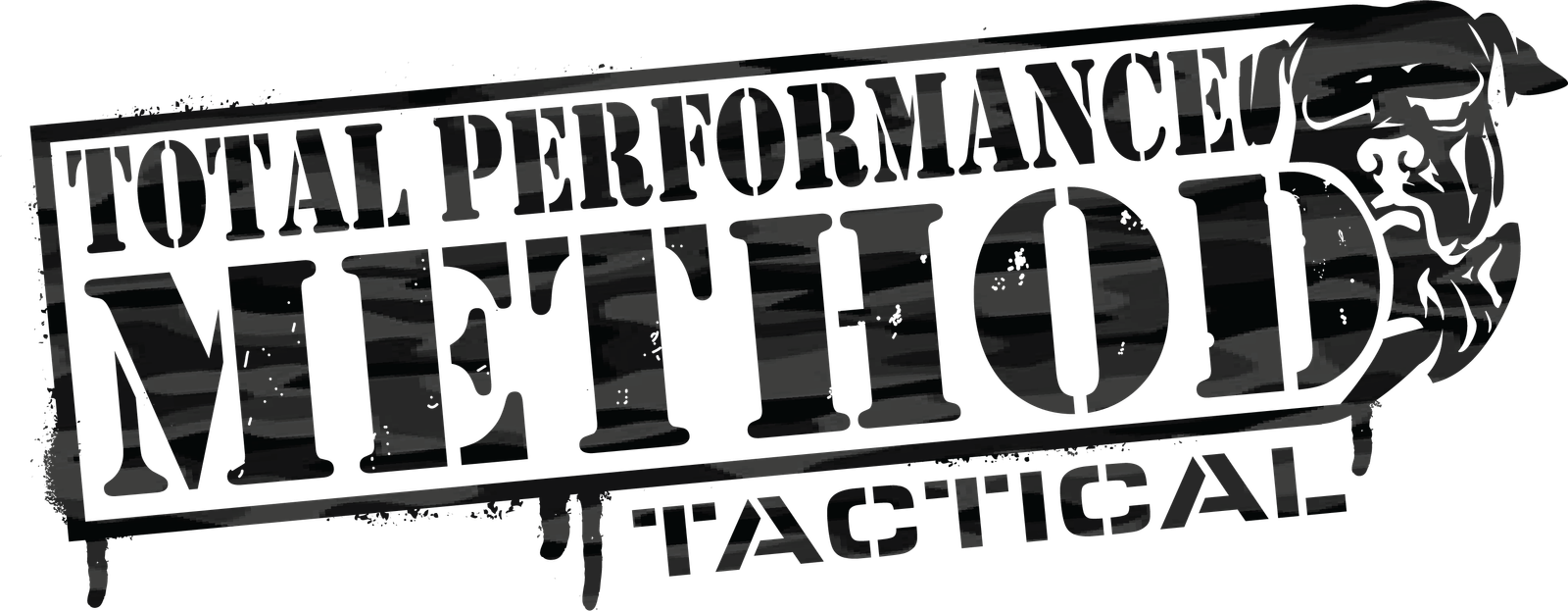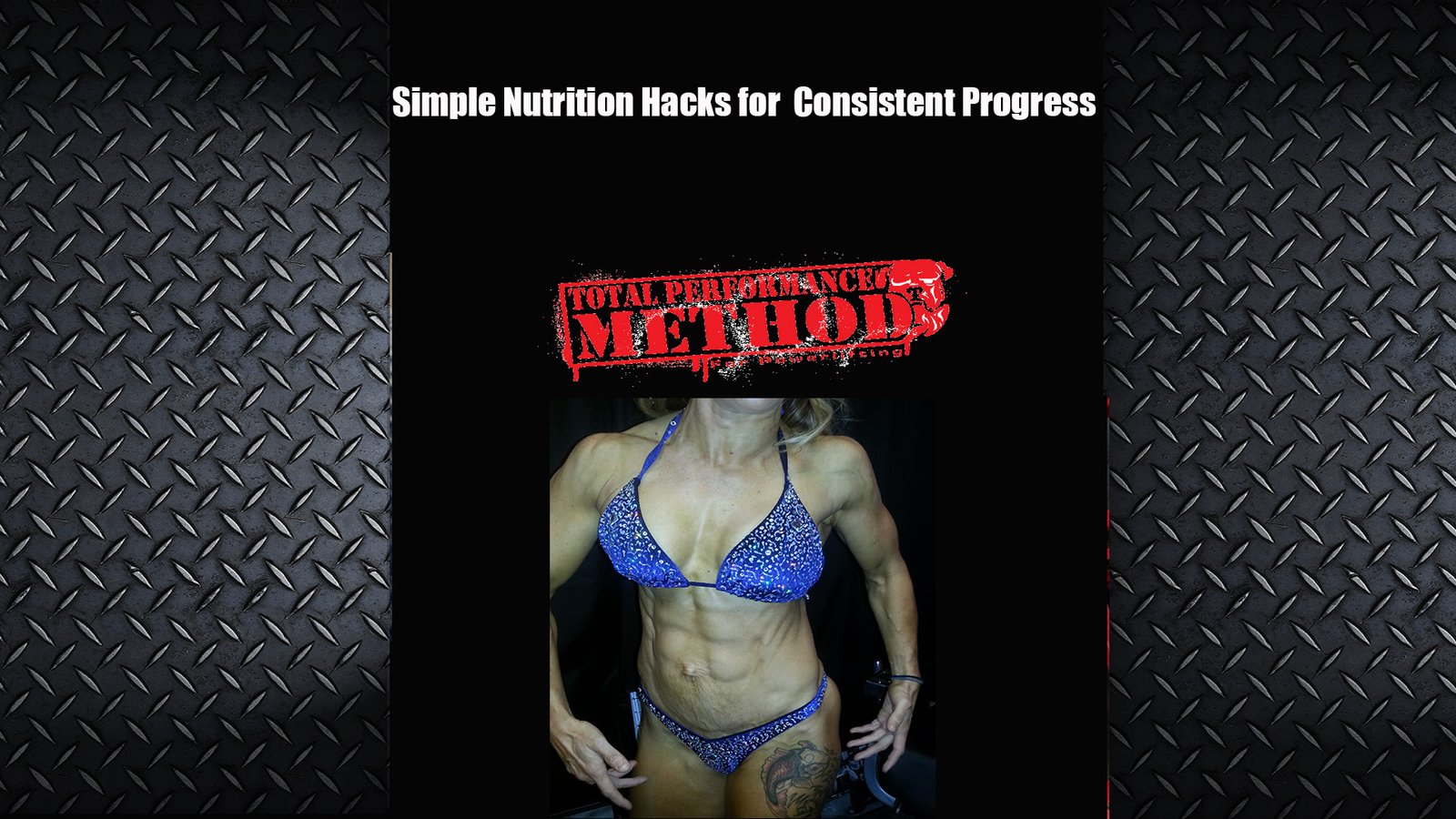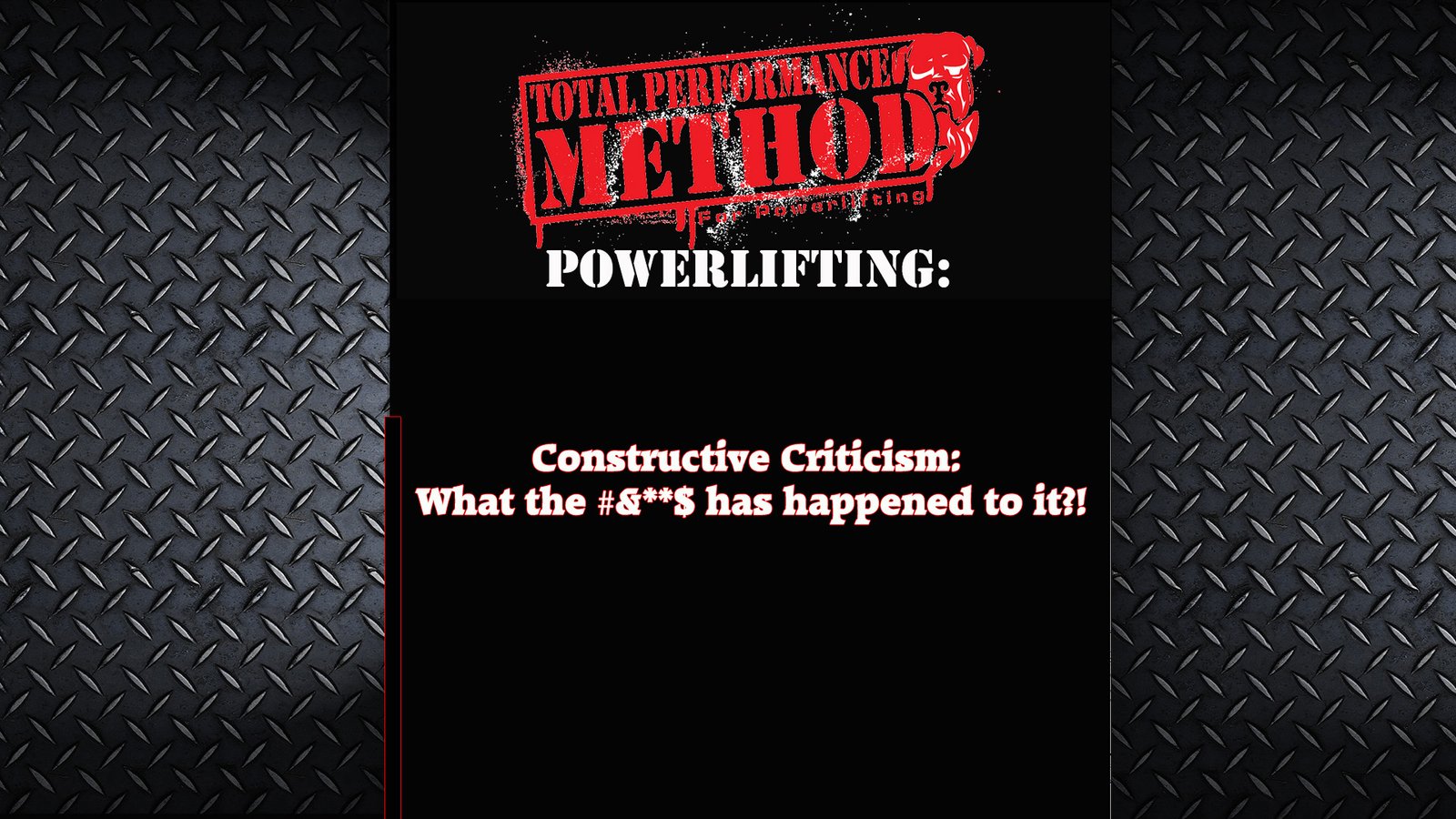2012 USAPL Women’s 198lb National Champion, 2013 USAPL Raw Women’s 84kg Open and Junior National Champion, 2014 IPF-USA Raw World Junior Team Member
Tell us a little about yourself. How long have you been powerlifting?
I’ve been powerlifting for 2 years. I started at A&M after a member of the A&M powerlifting team saw me lifting in the student rec center, and suggested that I come to a practice because they thought I’d do well on the team.
In 1 week, I learned how to do the powerlifts properly (squat to USAPL/IPF depth, bench w/a pause/feet flat/butt on bench), got qualified for USAPL Collegiate Nationals that weekend at a USAPL meet in the area.
Eight weeks later, I won the Collegiate National Championships, fell in love with powerlifting, and have been doing it ever since.
What are your best lifts so far in a competition?
Best Raw Lifts in Competition:
Squat—340lbs
Bench—187.5lbs
Deadlift—445lbs
What attracted you to the sport?
Initially, I fell into the sport—not knowing much about it. But I basically love everything about it:
1) The community and camaraderie in powerlifting is unlike any other sport I’ve competed in.
2) I love that—what you put into the sport, is what you get out of it. While progress may stall at times, if you work hard, are mindful about your training, nutrition, recovery, and are patient, you WILL improve. The amount of progress you make is determined by your efforts.
3) Lastly, I love that powerlifting allows me to try and push my body to reach its full potential. I’m very grateful to be an able-bodied person, and I want to fully realize what my body is capable of.
What is your favorite lift and why?
That’s a really tough question, although Deadlift is my strongest lift (and therefore something I really enjoy), I’d have to say that Squat is my favorite. There’s just a sort of satisfaction that comes from grinding through and finishing a really tough Squat that I don’t get from the other two lifts.
When is your next big meet?
My next big meet will be the first week of June (I lift on June 5th). It’ll be the IPF Classic Powerlifting World Championships, in Johannesburg, South Africa. (there will be a live stream for anyone that wants to watch!)
What program do you follow and how many days per week do you train?
Mike Tuchscherer does my programming.
He sends me my workouts at the beginning of each week, and then there additional auto-regulation built into the program because his programming works in conjunction with his TRAC (Training Recovery Assessment Computer) program which helps track how I’m recovering/adapting to training by assessing my current physical, mental, and emotional state.
The basic foundation of my training however is Block-Periodization and the utilization of RPE’s, and fatigue percentages to vary volume, intensity and Stress inducement week to week.
(*the basic ideas can be found in Mike’s book Reactive Training Systems Manual—a great read, I definitely recommend it for anyone interested in doing their own programming and learning to incorporate more intermediate/advanced methods for programming).
All that being said the basic layout is:
I train 4 days a week, with 1-2 GPP sessions
I do some sort of squatting 2-3 times a week
I do some sort of Benching 4x a week
I do some sort of Deadlifting 2 x a week
I also am doing cardio fairly regularly right now because I’m dropping to the 72kg weight class from the 84kg weight class.
What lift have you had to work the hardest at?
Bench Press has taken a lot of work, and continues to take a lot of focus and effort. While I used to hate the Bench Press, due to just how many parts/technical aspects there are to it (staying tight, tucking elbows, engaging lats, leg drive, etc.), I’ve learned to appreciate its technicality, and actually enjoy Benching now! However, it’s still something I am continuing to work very hard at, and am still trying to nail down solid/consistent good technique.
What have you done programming wise to build such a great deadlift?
I’d always had a fairly strong Deadlift (my first competition without much real Powerlifting training, I pulled 350lbs), but everything that happened after that is really owed to my Texas A&M Coach who did my programming. It basically boiled down to Deadlifting a lot. In the fall of 2012, by deadlifting frequently (pulling of some sort 3 times a week), and doing a lot of technique work, my deadlift went from 405 to 445 in 3 months. However, I don’t believe that kind of training is sustainable, but it’s what I needed at the time. Still—deadlifting frequently (twice a week), works well for me.
Currently you are in Law school and have a busy schedule. How do you find time to train?
Balancing Powerlifting and my first year of Law School hasn’t been easy, but Powerlifting is a big part of what makes me who I am—I couldn’t imagine my life without it , and will continue to powerlift for the rest of my life, always striving to be the best. That being said, I find time to train by simply MAKING time to train, which takes a lot of planning ahead, and sacrifice. I’m still able to hang out with friends/be social, but not nearly as much as my peers. In lieu of going out on Friday evenings, I use that free time to go train; instead of staying out late Saturday nights, I go to bed early so I can wake up early enough to train and still have the rest of the day to study. It’s mainly just a lot of time management, and self-discipline, but it’s worth it because I love Powerlifting more than I enjoy going out and drinking/partying/etc.
In what way do you feel your training helps you in other areas of life?
Powerlifting helps in tons of different ways, more than I can list. But a few main ways are:
It’s taught me a lot of self-discipline & work ethic, and has made me more responsible in other areas of my life (the self-discipline I learned from PL in college transferred over into how I approached school—I truly believe my involvement on the PL team at A&M helped me reach my goal of getting into Harvard Law).
It’s reinforced good habits like going to bed at a reasonable time, eating well, etc. because all of those things will have an effect on my training.
Training has also taught me to always put all that I have into anything I pursue. In training, I’m going give all that I have in each training session. While I may have some days better than others, I never want to leave the gym thinking “I could’ve tried harder”. This philosophy is now I approach school, work, projects, friendships/relationships, etc. I never leave anything on the table. Doing my absolute best that I can, in everything that I do, means that I get to live my life with little to no regrets, and this is something I learned through my Training.
What do you think about the surge of women in powerlifting?
Obviously I think it’s great, and would love to see even more involvement! I think the appeal of “being strong” is no longer something that is exclusive to men, and women are realizing that strength isn’t something that necessarily detracts from their identity as women, but can actually be empowering. I think it often results in women being more confident, having healthier self-images, and overall shows them that they can achieve anything they put their mind to—which I think is especially important for young women.
What advice do you have for newer lifters? Is there anything you would have done differently knowing what you know now?
Luckily I had a lot of great mentors and guidance back home in Texas, so I didn’t get away with doing anything too dumb. However, some things I would go back and tell myself 2 years ago are:
Focus more on mobility it’s worth it if you want to stay in this sport long term.
Focus on technique, it’ll take you far
Good night’s sleep & good nutrition are better than any supplement you can take for improving recovery
Lastly I would say, listen to people with more experience with you, and learn all that you can from them, BUT never stop thinking critically. I learned a lot, and have become a better lifter by always asking questions—and never simply “blindly” following what my coaches have told me.
That’s not to say disregard what your coach/trainer says, simply that it’s always beneficial to now the “how’s” and “why’s” of your training.
Here is a video of Mickey Training:
Mickey is one of many great lifters here at TPS & we are glad to have her at our gym!
– Russ








Leave A Comment